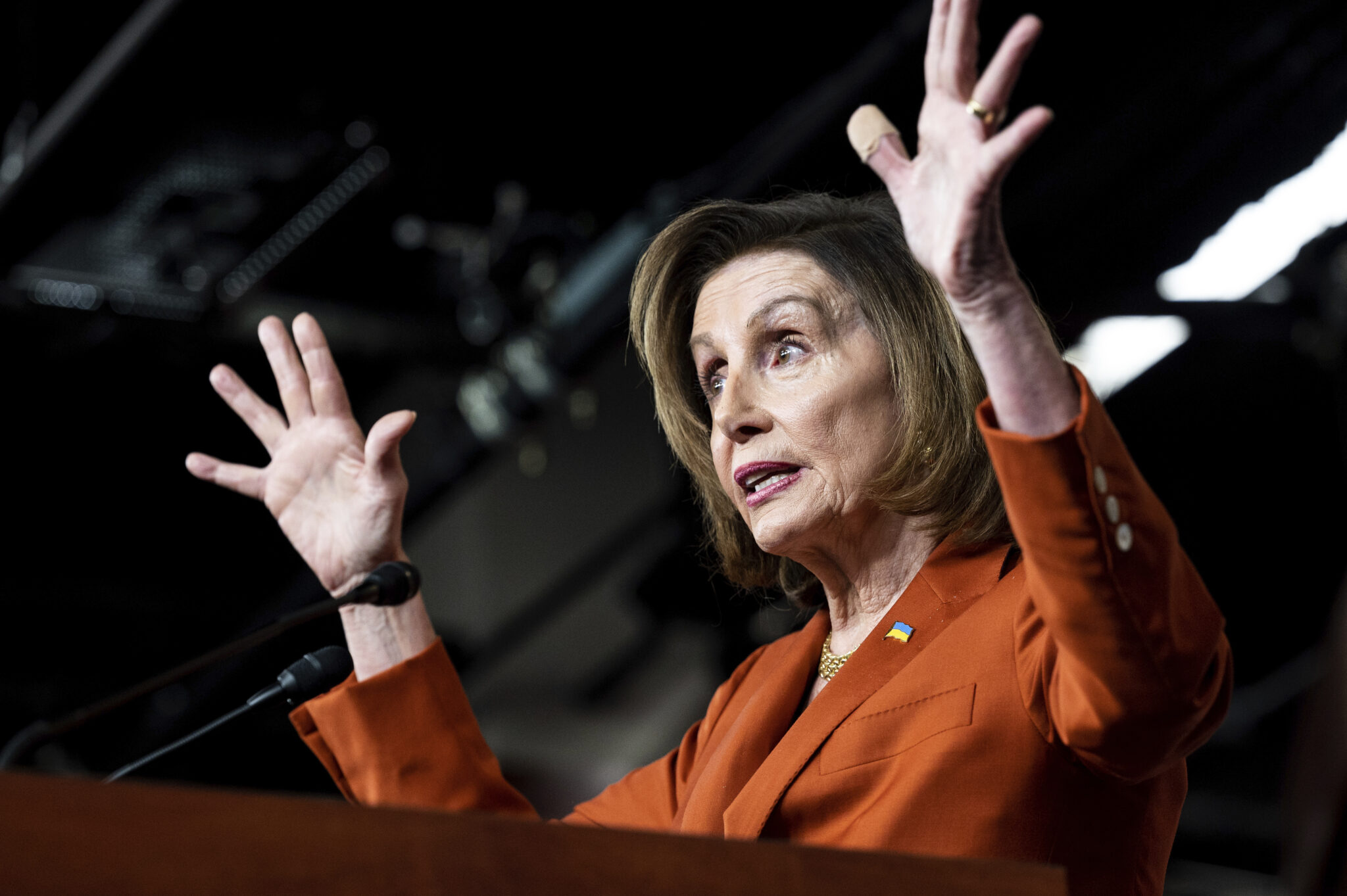
Covid-19 as a political football: Government funding for more vaccine, treatment supplies stalls
House Speaker Nancy Pelosi late Wednesday had to pull out $15.6 billion in coronavirus relief funds from a massive trillion-dollar spending bill to avert a government shutdown as her colleagues revolted against paying for that aid with their home states’ stockpiles of already-promised pandemic funds.
While the spending bill and billions in Ukraine aid cleared the House last night in a short-term extension that will likely pass in full early next week, what happens next for the Covid-19 funds remains unclear.
Unlock this article instantly by becoming a free subscriber.
You’ll get access to free articles each month, plus you can customize what newsletters get delivered to your inbox each week, including breaking news.